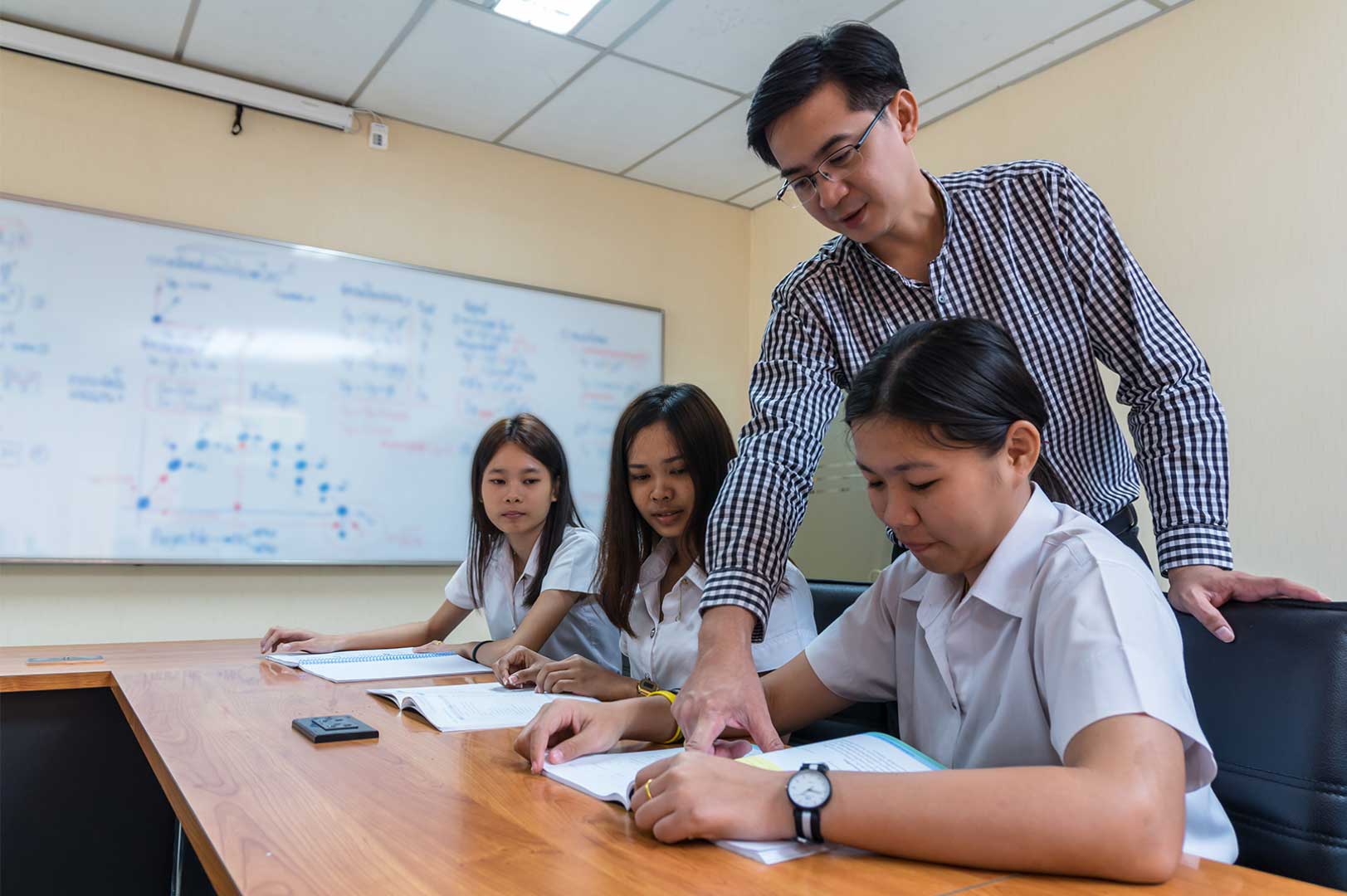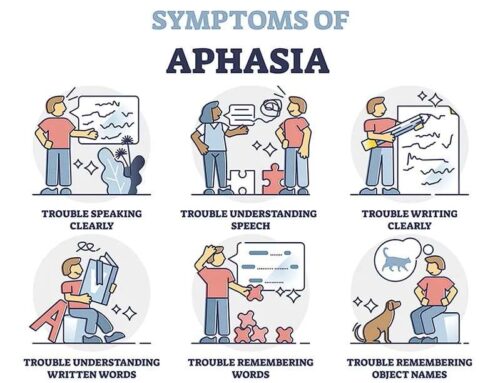Cambodia is striving to create an education system that caters to all learners, regardless of their background, abilities, or circumstances. This commitment is reflected in the Policy on Inclusive Education, adopted in 2018. This policy aims to dismantle barriers and ensure equitable access to quality education for all Cambodian students.
Key Pillars of the Policy:
- Emphasis on Equity and Access: The policy prioritizes ensuring that all children, including those with disabilities, ethnic minorities, and from disadvantaged backgrounds, have equal opportunities to enroll and complete their education.
- Curriculum Adjustments: Recognizing diverse learning needs, the policy promotes the development of flexible and adaptable curricula that cater to different learning styles and abilities. This includes offering individualized education plans and differentiated instruction to cater to diverse learners within the same classroom.
- Teacher Training and Support: The policy underlines the importance of equipping teachers with the knowledge and skills to effectively teach in inclusive classrooms. This involves training in differentiated instruction, disability awareness, and positive classroom management, among other areas.
- Community Engagement: Building partnerships with families, communities, and civil society organizations is crucial for the success of inclusive education. The policy encourages collaboration to identify and address barriers faced by marginalized groups and ensure their active participation in the education system.
- Accessibility and Infrastructure: Creating a physically and socially accessible learning environment is essential. The policy emphasizes the need for accessible buildings, transportation, and learning materials, as well as promoting a positive school culture that embraces diversity and inclusion.
Challenges and Opportunities:
While the Policy on Inclusive Education presents a positive framework, translating its principles into practice remains a challenge. Limited resources, inadequate infrastructure, and persisting societal stigma towards disability and diversity are some of the hurdles to overcome.
Despite the challenges, Cambodia has witnessed encouraging progress. Increased enrollment rates for children with disabilities, expanded teacher training programs, and pilot projects implementing inclusive practices are promising indicators. Continued commitment from the government, collaboration with stakeholders, and sustained funding will be crucial for achieving the policy’s vision.
Looking Forward:
Cambodia’s journey towards inclusive education is ongoing. By addressing existing challenges and building on current successes, the country can create a truly inclusive education system where every child has the opportunity to reach their full potential. This not only benefits individual learners but also contributes to a more equitable and prosperous society for all.





Leave A Comment